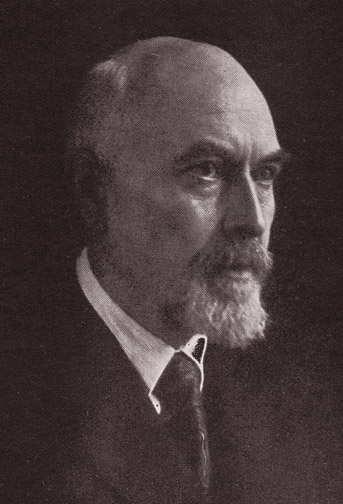 |
| Henry Kuhn |
A century ago, the Socialist Labor Party was a
relatively well known organization on the political left in the United States.
Their leader Daniel De Leon developed a special form of Marxism, sometimes
known as Socialist Industrial Unionism. At least on paper, it sounds
syndicalist, although the SLP itself rejects this designation. The SLP
attempted to create socialist labour unions, competing with the AFL and later the
IWW, but little came out of it. The party eventually became a small sect,
although it curiously still exists, headquartered in Mountain View, California
(of all places).
"Socialist Labor Party 1890-1930" by Henry Kuhn and Olive Johnson is a small book covering the history of the SLP from an official viewpoint. I'm not sure when it was published. My copy is dated 1969. The book isn't particularly interesting, although it may tell us something about the SLP's self-conception. It contains virtually no information about concrete political campaigns waged by the party. Its election campaigns are mentioned mostly in passing. It's campaigns in support of Soviet Russia and against the "red scare" aren't mentioned at all. The party's attempts to create socialist industrial unions are written off as ill-conceived. So what on earth does Kuhn and Johnson consider to be the important events in party history?
It turns out that most of the pamphlet deals with factional squabbles, often retold in extreme detail. The dissident factions are given nicknames such as "Kangoroos" and "Kanglets". Their leaders are confused at best, nefarious at worst. Apparently, the threat of disruption is ever present, and one section is entitled "Treason Appears Again". After the death of De Leon in 1914, the new SLP leader Arnold Petersen began to view "disrupters" as a permanent threat to the pristine purity of SLP politics, purging the party on a semi-regular basis (sometimes whole state branches were expelled). Small wonder that a party history published by Petersen faithful almost exclusively deals with factionalism!
But the most annoying aspect of this book is the constant defamation of all and everyone who didn't consider De Leon's and Petersen's sectarian antics worth while. The IWW, undoubtedly the most successful radical labour organization in the United States, are written off as "a racket", "the bummery", "carrion crows" and "stool-pigeons" (!!) who supposedly discredited the name of radical labour. James Connolly is condemned as well, and portrayed as a rather silly person, with no mention of his subsequent role in the Easter rising on Ireland. While the political differences between De Leon and Connolly were real enough, shouldn't they at least pay some respect to this man? Those who considered the Russian revolution somewhat more successful than the SLP's sideshow are accused of being "sentimentalists" and "burlesque Bolsheviki", and this from a party which supported Stalin until 1939!
Well, at least these guys are comic relief, in their own sort of way.
A more neutral but rather short history of the SLP can be found in Frank Girard's and Bruce Perry's book "The Socialist Labor Party 1876-1991". Girard also published a long string of articles on the subject in his private magazine "Discussion Bulletin", but I don't think old issues are extant, unless some SLP splinter groups are willing to share theirs. (I'm not willing to share mine!)
Forget about "Socialist Labor Party 1890-1930" and their ridiculous reviling of the great.
No comments:
Post a Comment